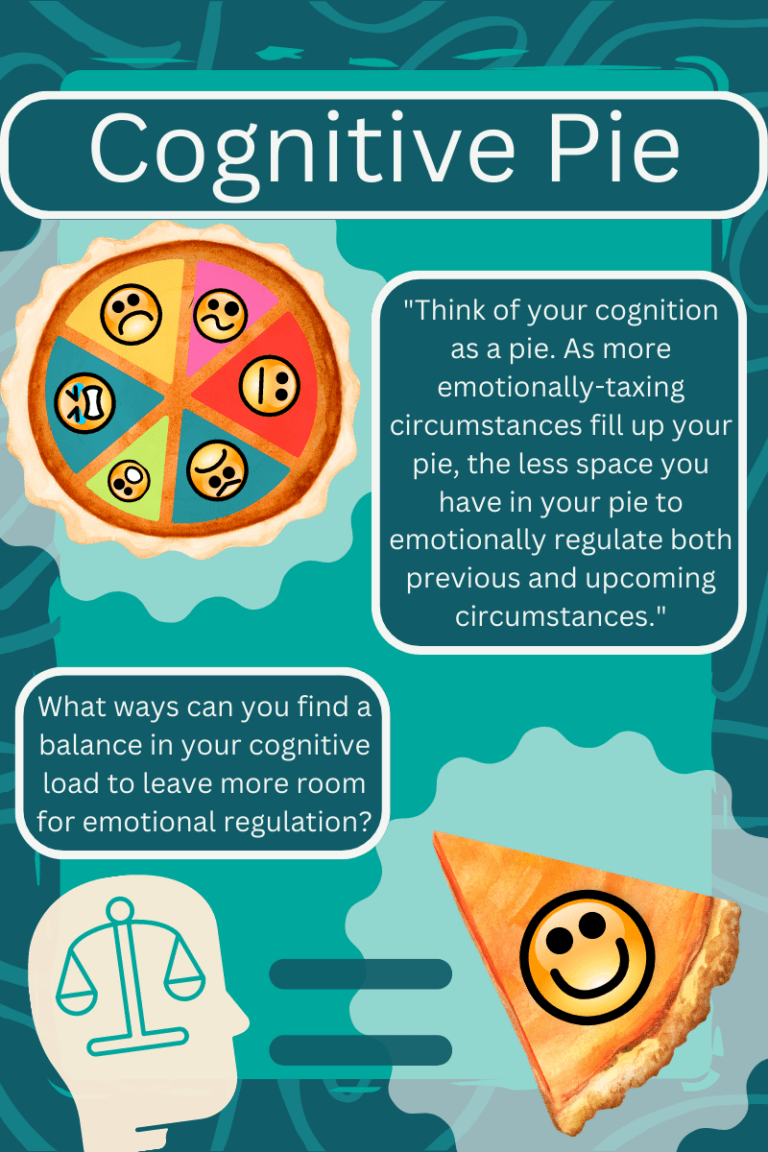Picture this:
It’s Monday after a really long weekend. You have an important work meeting at 9 am that you are dreading. It’s 20 minutes past the time your children are supposed to be up and getting ready for school, but they are still sound asleep. You rush to get them up, much to their annoyance. You jump in the shower, but as you step out, you realize that there are no clean towels left because your partner used the last clean one. Fast forward 30 minutes: your children are out the door to catch the bus with seconds to spare. You are ready to leave, but the car keys are nowhere to be found. You search frantically throughout the room, but this proves difficult with all the clutter – wouldn’t it be great if someone picked up around here? You eventually find them, get in your car, and proceed to get stuck in traffic. Your typically 15-minute commute turns into 45. You arrive at the meeting at 9:01 and realize you left the report you needed on your kitchen counter at home.
Self-Care
Before we talk about specific emotion regulation techniques, I want to start with emphasizing how critical self-care is to the ability to manage emotions. When we are exhausted or sick, it is harder to control our emotions and our responses to others’ emotions. Our self-care is directly related to our cognitive resources, or our conscious (active) mental processes, such as determining how to handle a situation. Think of your cognition as a pie. As more emotionally-taxing circumstances fill up your pie, the less space you have in your pie to emotionally regulate both previous and upcoming circumstances.

Self-care techniques give us the tools we need to make sure we can keep an eye on our cognitive pie. Regardless of the actual method you use for self-care, it is important to remember that this is taking time for yourself (take a look back at our Mindfulness post!). The key thing is doing something you enjoy solely for yourself – think of it as treating yourself!
Quick & Easy Self-Care Strategies
- Journal – use one of the empty notebooks lying around the house and take a few minutes to get your thoughts out on paper.
- Go on a drive – take some time to roll your windows down and drive around your neighborhood, the city, or somewhere farther!
- Hit the gym (or your living room) – exercise has been shown to boost our mental health, so head to the gym or put on a YouTube video to follow along with. Even just 30 minutes can change your whole day. It doesn’t have to be intense, either – yoga works just as well (and may be more enjoyable for some) as a run on the treadmill.
- Make plans with friends – scheduling a night out or brunch with a friend or two can give you something to look forward to, and you’ll also reap the benefits of staying in touch and taking some much-needed adult time.
- Take a bubble bath – light a candle, grab a book, and soak in solace. For bonus points, use a rejuvenating face mask while you watch your favorite TV show afterwards.

Sleep
We must sleep. When we don’t sleep, it is like our dinner plate shrinks to the size of a dessert plate! Every task is more difficult when we are sleep deprived – it becomes harder to regulate our emotions, make good decisions, avoid mistakes, and be as efficient as we’d like to be. We make more mistakes and everything takes longer when we are tired. One of the best ways to do better both as a mom and as an employee is to get enough sleep. Sleep helps us make better decisions about what should be on your plate at any given time and how much space on the plate each item needs.
When we take care of our body through good sleep, nutrition, and physical activity, we are better able to keep calm in the face of a full-blown temper tantrum. When we have given ourselves space and time to stop, take deep breaths, and focus, we can think of the words we should (and should not) say when the boss gives us one more task.
Self-Compassion
One of the best lessons we can pass on to our children is self-compassion. By role-modeling kindness to ourselves when we make mistakes, we teach our children that it is okay to make mistakes. Why is this important? When we teach our children that they must be perfect in order to be treated well, they learn harmful messages that have negative long term costs for their mental and physical health. Instead, we need to give our children unconditional love so that they can develop unconditional self-acceptance. When our children learn that they have value as they are, they feel more free to try newer, harder things, as well as to learn from their failures.
Looking our failures in the eye can be scary, but the benefits are worth it! Taking care of ourselves so that we have the biggest plates for all the things we must do and having tools that we know how to use can help us get through the difficult times. Utilizing these tools has shown to relate to happiness, job satisfaction, and marital satisfaction. Additionally, those who engage in these emotional regulation techniques are less likely to experience feelings of depression and anxiety. So, it may be beneficial for you to practice these techniques the next time you are experiencing a negative emotional event.

